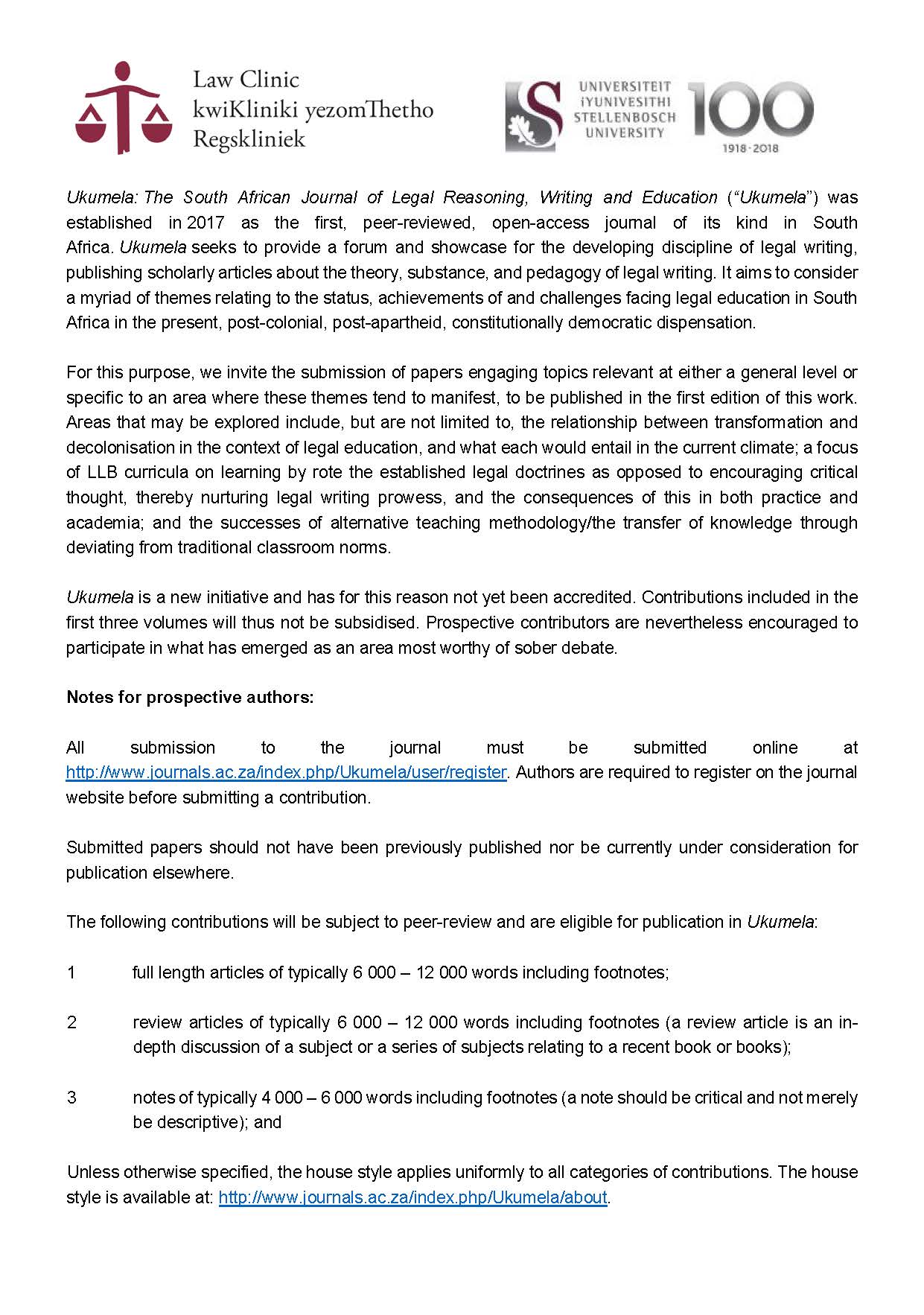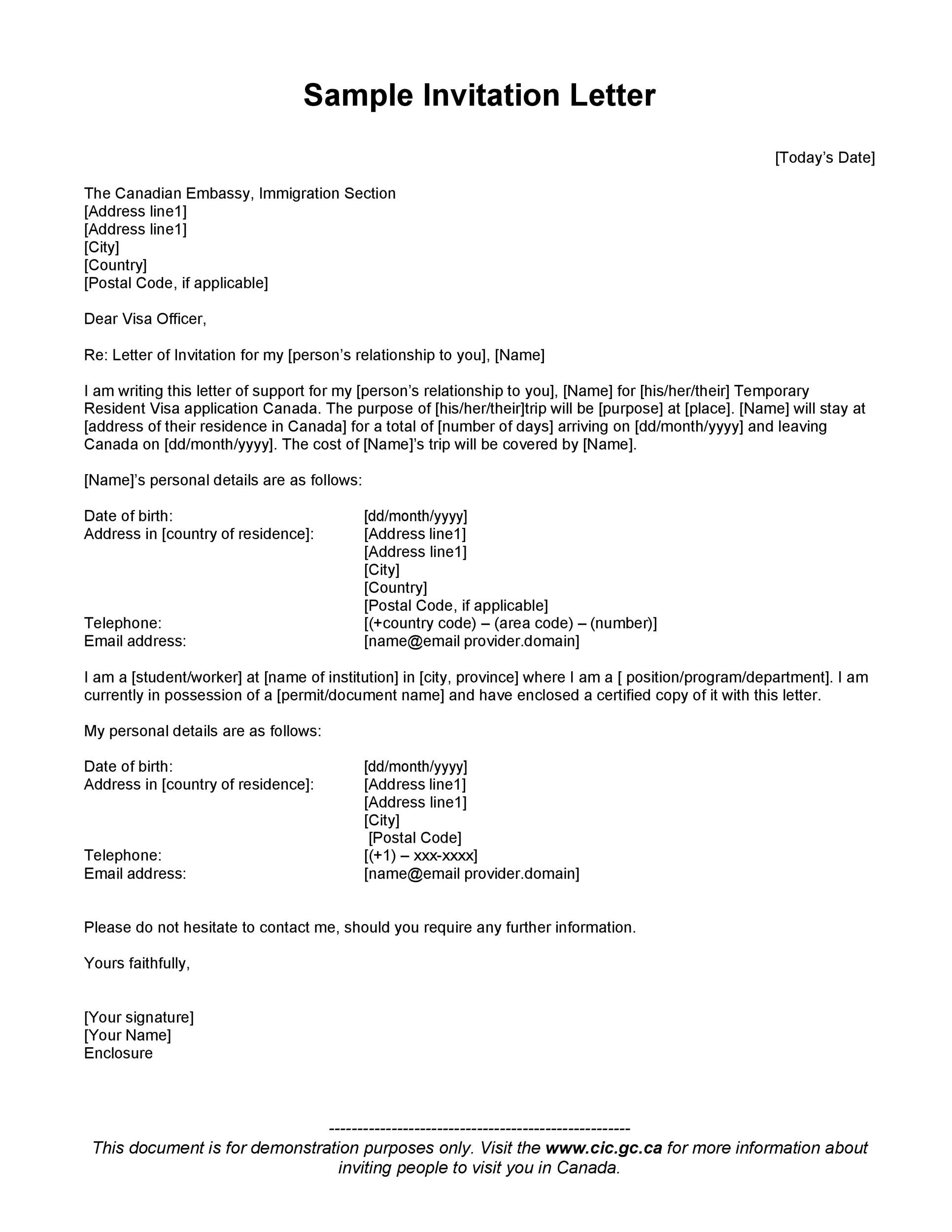The Mind's Eye Essay - Grade: A - 01:355:101 - StuDocu.
Mind's Eye Oliver Sacks takes a profound look into the lives of individuals who have had their entire lives shift from one of normalcy, to one inflicted by the disability of blindness.Oliver Sacks wrote an essay titled, “The Mind’s Eye,” which details various records of individuals coping with losing their sense of sight, and the way that our brains adjust to different sensory experiences.Oliver Sacks’ essay is an extremely interesting example that depicts how the mind is capable of the interior conceptualization despite the blindness. In the essay, Oliver Sacks points out particular aspects in connection to the mind and loss of sight.
Oliver Sacks, author of The Mind’s Eye, talks about the anecdotal experiences of several blind people and how those disabilities have influenced human behavior, often deriving from personal experiences and observations that have shaped individuals.Meanwhile, Oliver Sacks in his essay “The Mind’s Eye”, focuses on how the blind people make use of their own strengths to complement the fault of their blindness. Additionally, their perception varies along with their different methods to sense the outside world.

Though Dr. Sacks eventually lost sight in the affected eye, he survived for ten years and published this and four more books, including the astonishing Musicophilia: Tales of Music and the Brain, which came out in 2010. Sacks's final book came out in 2017, two years after his death.












